21 May
Local Date: May 21 2025 |
Local Time: 6:30 am - 8:00 am
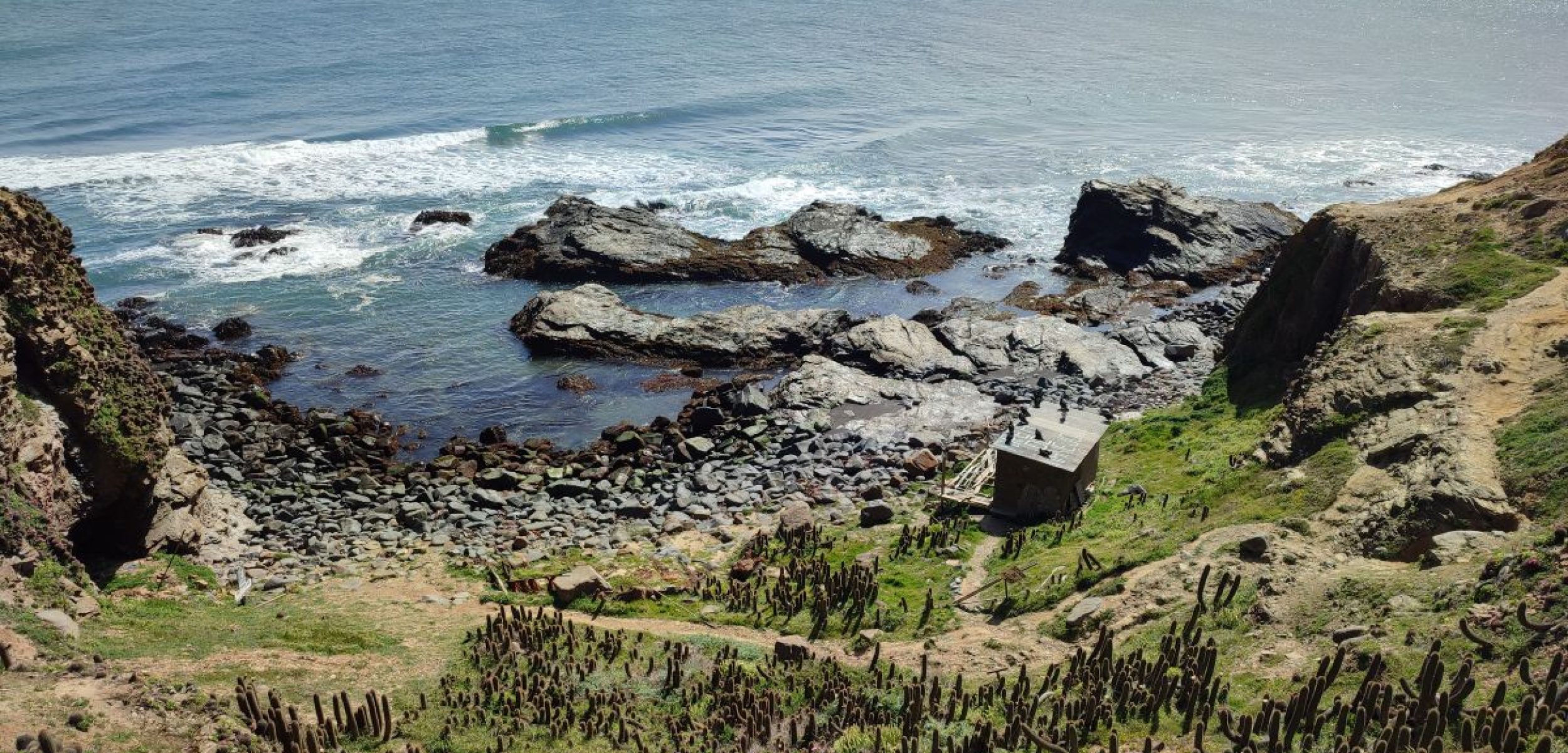

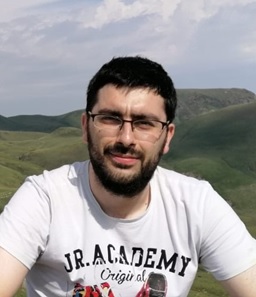
|
Francesc Fusté-Forné holds a PhD in Tourism (University of Girona, Spain) and a PhD in Communication (Ramon Llull University). He is Associate Professor Serra Húnter at the Department of Business, University of Girona. He is undertaking research on culinary and rural heritages from a marketing and travel perspective. Particularly, he focuses on the food tourism phenomenon, making connections among food identities, landscapes, regional development, rural activities, street food, and tourist experiences. He also conducts applied research on the role of gastronomy in relation to mass media and as a driver of social changes. |
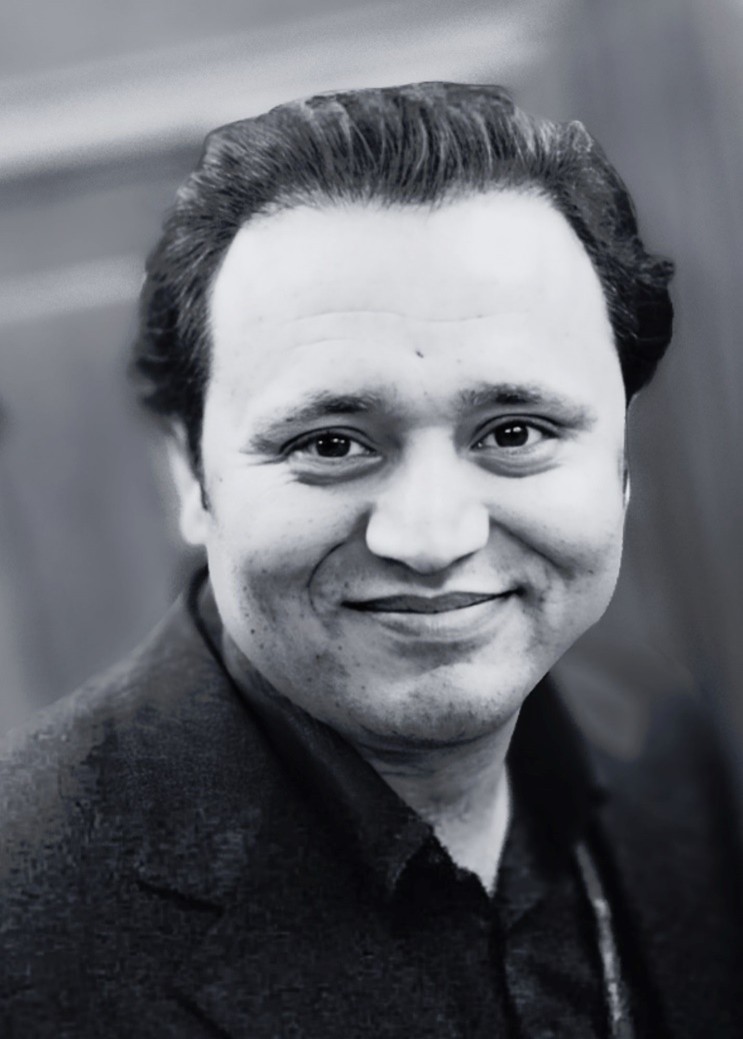
|
Asif Hussain, PhD, is a strategic consultant, and the founding director of the Sustainability and Resilience Institute (SRI), New Zealand, as well as the founder of the award-winning Smart Regenerative Tourism (SmaRT) App, dedicated to “Transforming tourism for a better tomorrow”. Asif’s work draws on the ancestral wisdom of Indigenous peoples, emphasising the importance of collective community resilience, environmental stewardship, and the interconnectedness of humans with the natural world. |
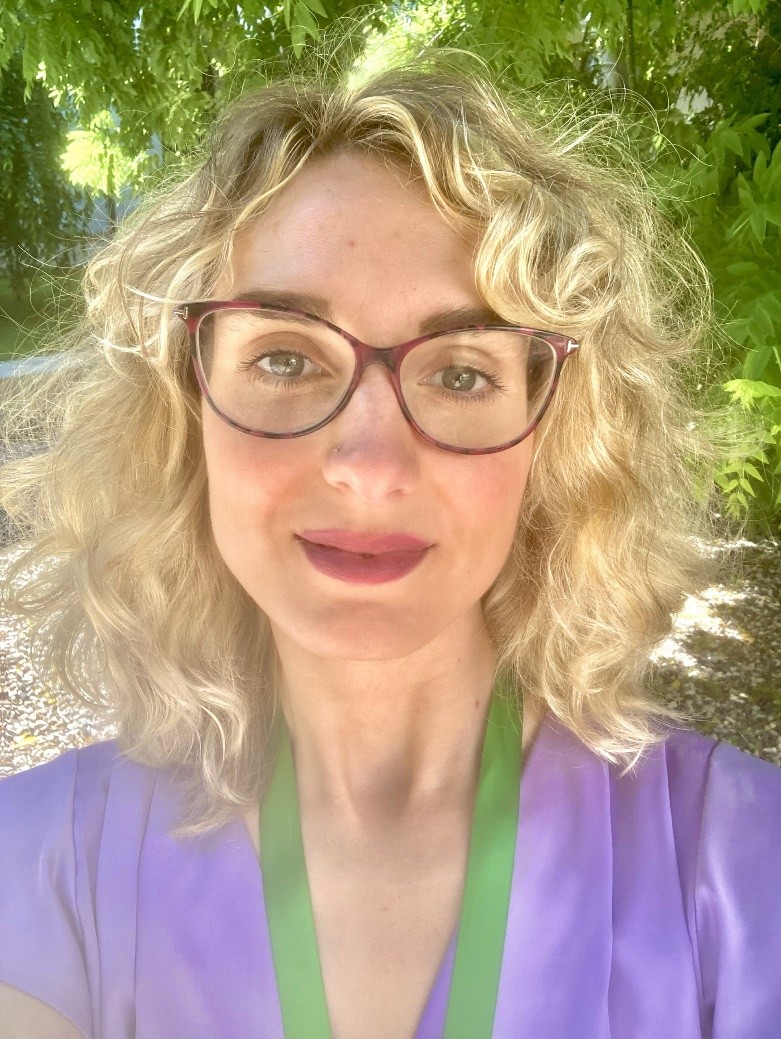
|
Elena Mattei, PhD, is a Postdoctoral Research Fellow at Ca’ Foscari University of Venice,where she is working on the National Research Project DIETALY (Destination Italy in English Translation and Language over the Years) in collaboration with the Italian National Tourist Board. Shortlisted for the Paul Fortier Prize, she is publishing a Routledge monograph on Instagram tourism discourse and collaborates with John Bateman. Her research interests include the annotation and statistical analysis of tourism multimodal corpora through Systemic Functional Linguistics frameworks. The objective is to promote regenerative travel, a topic discussed also in interviews with Randstad Research and La Repubblica. |
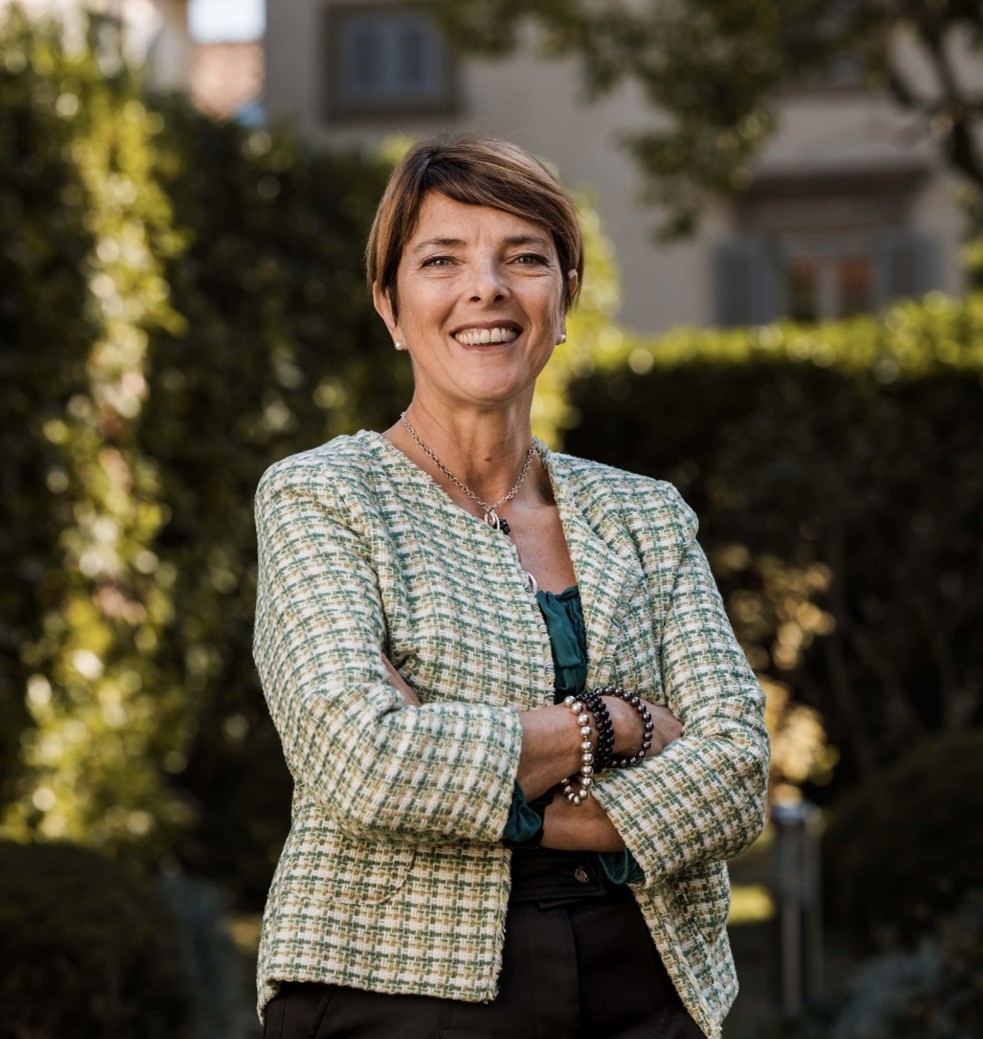
|
Stefania M. Maci (PhD, Lancaster University, UK) is Full Professor of English Language, Translation, Linguistics at the University of Bergamo, where she is Coordinator of the MA in Digital Humanities, Director of the Research Centre on Specialised Languages, and Scientific Coordinator of the Research Group on Digital Humanities. She served on the executive board of AIA (Associazione Italiana di Anglistica 2019-2023) and she is now serving on the executive board of CADAAD (Critical Approaches to Discourse Analysis across Disciplines). Her research is focused on the study of the English language in academic and professional contexts, with particular regard to the analysis of tourism and medical discourses. |
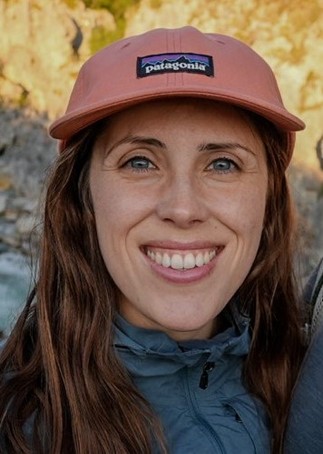
|
Frida is an Indigenous junior scholar from Norway/Sápmi, currently completing a doctorate in nature guiding and sustainable tourism. Her research interests include regenerative tourism, animal ethics, climate change, and Indigenous nature relations. Having worked as a nature guide, an educator in outdoor recreation, and now as a political advisor in visitor management, Frida thinks that collaboration between stakeholders is key for regenerative transformations. |
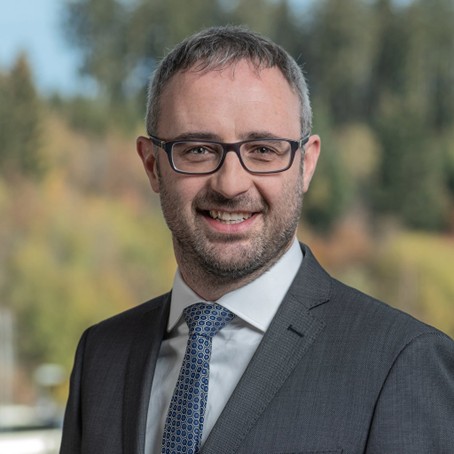
|
Alessandro Inversini works as Full Professor in Marketing at EHL – Hospitality Business School. Alessandro is expert in Digital Communication and Digital Transformation. Over the years he also developed an expertise in Regenerative Economies: thanks to a series of funded research projects Alessandro had the possibility of meeting regenerative pioneers and champions all over the world contributing significantly to the understanding of the concept in the field of travel, tourism and hospitality. |
 | Francesc Fusté-Forné Moderator |
 | Asif Hussain Moderator |
 | Elena Mattei Panelist |
 | Stefania M. Maci Panelist |
 | Frida Marie Omma Panelist |
 | Alessandro Inversini Panelist |
This webinar examines how regenerative tourism can create long-term benefits for both residents and visitors. Based on a co-creation of values that prioritize the revitalization of cultural heritage and natural landscapes, this approach goes beyond traditional tourism paradigms. Through practices such as cultural preservation and habitat restoration, informed by community-led initiatives, regenerative tourism supports resilient ecosystems and thriving communities while delivering transformative visitor experiences. The webinar will discuss the challenges and opportunities for the planning and development of regenerative principles, with strategies for engaging stakeholders on tourism as a force for shared futures.




